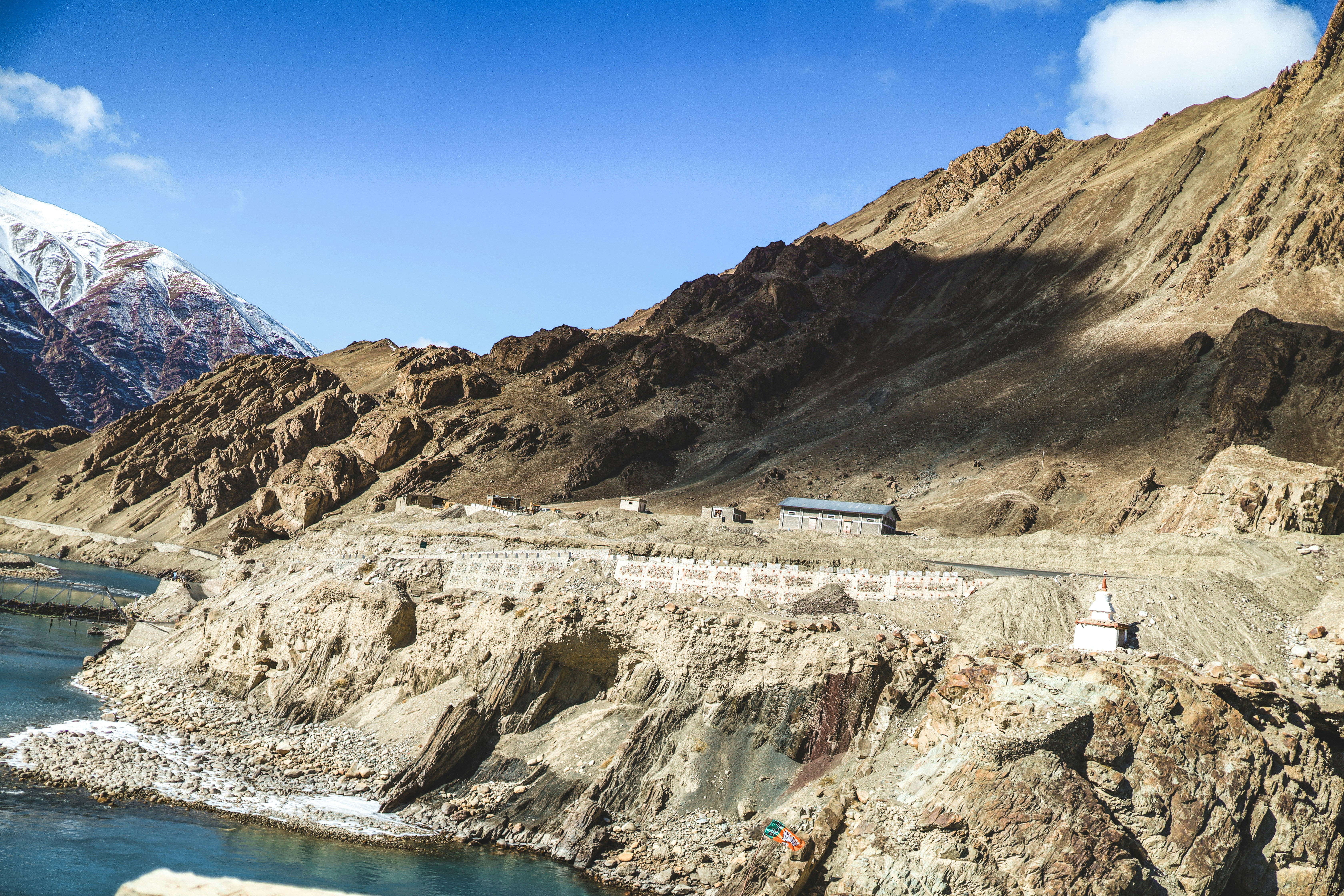Understanding Military Permits in Tibet
Military permits in Tibet are essential documents that regulate the access of travelers, particularly foreign visitors, to certain sensitive areas within the region. These permits are instituted to uphold national security and protect the sovereignty of China over its territories. Given Tibet’s geopolitical significance and historical context, the government has established a rigorous legal framework governing access to various locations deemed sensitive or strategically important.
The requirements for military permits are particularly strict for specific areas, such as the border regions, military installations, and sites of historical significance that are closely monitored. Typically, areas including Ngari Prefecture, near the borders with India and Nepal, require travelers to obtain military permits. The regulations surrounding these permits are influenced by factors including regional stability, and the potential for civil unrest, which imposes a greater need for oversight.
Travelers must understand that obtaining a military permit is not just a formality, but a necessity to ensure compliance with the laws governing Tibet. The process involves coordination with authorized travel agencies within China, as individual applications for military permits can be challenging to navigate. Foreign tourists, therefore, are usually required to apply for these permits as part of a package tour, which ensures that they meet the necessary legal requirements.
Traveling in Tibet without the appropriate military permits can result in serious consequences, including detainment, fines, and a ban on future access to the region. Consequently, the significance of these permits cannot be overstated; they are both a safeguard for the traveler and a reflection of the intricate balance of managing access to a region laden with both cultural richness and political sensitivity.
The Application Process for Military Permits
Applying for a military permit to access restricted areas in Tibet is a critical step for travelers seeking to explore this unique region. Understanding the application process is essential, as it involves specific documentation, fees, and timelines that must be adhered to. The first step in obtaining a military permit is to gather all required documentation. Generally, this includes a valid passport, a Chinese visa, and, in many cases, details about your travel itinerary and purpose of visit. It is advisable to prepare these documents well in advance, as any discrepancies can delay the approval process.
Once the necessary documentation is collated, applicants must submit their materials to the appropriate authorities. In most situations, travel agencies that specialize in Tibetan tours can assist in this process, as they typically have established connections with local authorities. Relying on a reputable travel agency can also streamline the application, ensuring that all documentation is complete and accurately filled out, minimizing the risk of rejection.
The cost associated with obtaining a military permit can vary, so it is prudent to check the fees beforehand. Typically, fees include the administrative charges imposed by the Chinese government, along with service charges from the travel agency. Processing timelines can also differ; however, it usually takes between two to four weeks for approval. Therefore, initiating the application process early is recommended to accommodate potential delays.
It is essential to be mindful of common pitfalls during the application process, such as submitting incomplete paperwork or incorrect information. To mitigate these issues, it is advisable to maintain clear communication with your travel agency and consult with local authorities when necessary. With careful preparation and adherence to the outlined steps, travelers can navigate the military permit application process effectively.
Challenges and Considerations When Traveling with a Military Permit
Traveling to restricted areas in Tibet comes with a unique set of challenges that can complicate the journey even for the most prepared traveler. One of the primary concerns is the necessity of adhering to local laws and regulations, which can often differ significantly from those in other regions. Before embarking on your journey, it is crucial to familiarize yourself with the specific guidelines associated with military permits, as violations can result in serious consequences, including fines or deportation.
In addition to complying with local laws, travelers must also be aware of the possibility of sudden rule changes. The political climate in Tibet can be unpredictable, and regulations surrounding access to restricted areas can shift unexpectedly. It is advisable to stay updated on news and advisories from reputable sources, as this will allow travelers to adapt their plans as needed. Flexibility in itinerary is an essential strategy when navigating the complexities of traveling with a military permit, as rigid plans may lead to frustration if permits are revoked or access is restricted.
Cultural sensitivities also play a significant role when visiting Tibet. The region is rich in traditions and customs that must be respected. Travelers should engage with local communities in a manner that is considerate of their values and beliefs. This includes learning a few basic phrases in the Tibetan language, understanding local customs, and showing respect for sacred sites. Fostering a positive relationship with the locals not only enriches the travel experience but also contributes to a more harmonious interaction overall.
Ultimately, while navigating the challenges of military permits in Tibet can be daunting, understanding the importance of compliance, flexibility, and cultural empathy will facilitate a more rewarding travel experience in this unique and beautiful region.
Final Thoughts: The Importance of Compliance and Respect in Tibet
Ensuring compliance with military permit regulations in Tibet is paramount for safeguarding the region’s unique cultural and natural heritage. Travelers who venture into this remarkable area must recognize that adherence to local laws is not merely a formality; it is an essential element of responsible tourism. Respecting these regulations is vital in preserving the delicate balance of Tibet’s environment and the rich tapestry of its traditions.
The Tibetan landscape and its residents face ongoing pressures from tourism, and as such, visitors have a critical role in fostering sustainable practices. By following the established military permit guidelines, travelers are not only respecting the legal framework but also demonstrating their commitment to the welfare of local communities. Engaging with the local culture in a respectful manner enriches the visitor experience while promoting a positive relationship between tourists and residents, paving the way for mutual understanding and respect.
Furthermore, it is essential to reflect on the broader implications of tourism in sensitive areas such as Tibet. The influx of tourists can often lead to unintended consequences, including environmental degradation and cultural dilution. Therefore, encouraging responsible tourism practices becomes imperative. This includes understanding the significance of the areas one visits, minimizing environmental impact, and being mindful of cultural sensitivities. Travelers can make a profound impact by choosing to engage with local communities in meaningful and respectful ways.
In conclusion, compliance with military permit regulations is not only a legal necessity but also a vital component of respectful and responsible tourism in Tibet. As travelers, being conscientious about our actions can help preserve the beauty and culture of this majestic region for future generations to appreciate and learn from.

